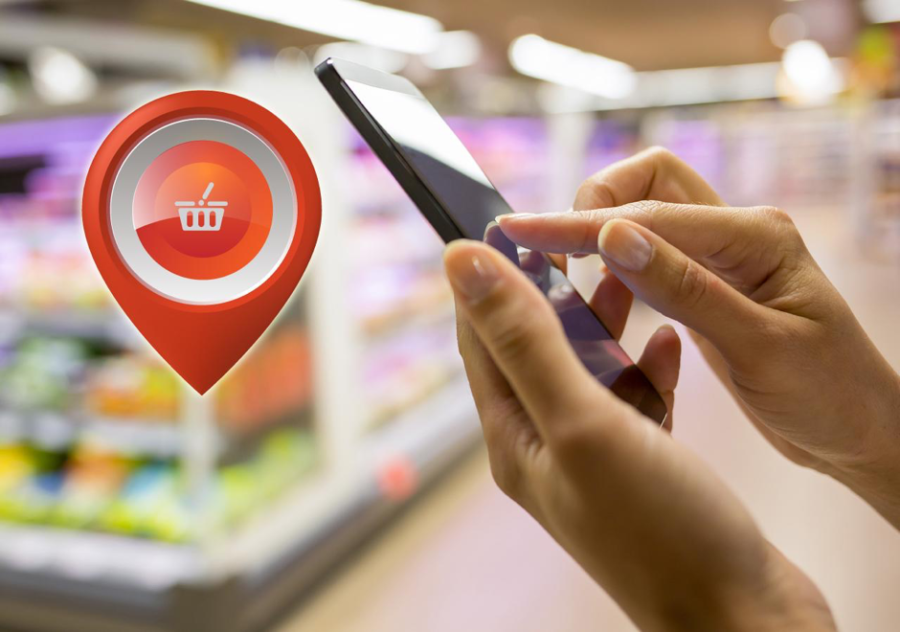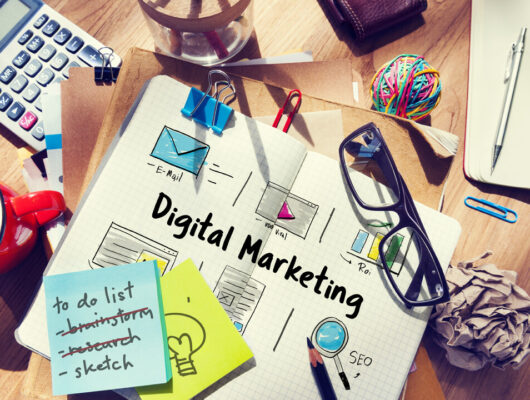In today’s digital age, location-based marketing has emerged as a powerful tool for businesses to engage with customers in the physical world.
This innovative approach leverages the ubiquity of mobile devices to deliver tailored marketing messages, promotions, and experiences based on a user’s geographical location.
In this article, we delve into the realm of location-based marketing, exploring its significance, the technology behind it, and how businesses can harness its potential to create meaningful connections with their audience.
Understanding Location-Based Marketing
Location-based marketing, often referred to as geolocation marketing, is a strategy that uses the real-time geographical location of a user’s device, typically a smartphone or tablet, to deliver relevant and personalized content.
This content can range from targeted advertisements and promotions to location-specific information, enhancing the user’s experience and influencing their decisions.
The Significance of Location-Based Marketing
2.1. Enhanced Personalization
Location-based marketing allows businesses to customize their messages to individual users based on their specific location.
This level of personalization can significantly boost engagement and conversion rates, as customers are more likely to respond to offers that are contextually relevant to their surroundings.
2.2. Geotargeting
Geotargeting is a fundamental aspect of location-based marketing. It enables businesses to reach potential customers in a precise geographic area.
This is particularly beneficial for local businesses looking to attract nearby foot traffic or tourists seeking recommendations.
2.3. Improved Customer Engagement
Location-based marketing can create a more immersive and interactive experience for customers.
Augmented reality (AR) and location-based gaming are examples of how this technology enhances engagement by overlaying digital information on the physical world.
2.4. Competitive Advantage
By adopting location-based marketing, businesses can stay ahead of the competition. Customers appreciate personalized and context-aware experiences, making it a strategic advantage in a crowded marketplace.
Technology and Tools for Location-Based Marketing
3.1. GPS and Beacons
GPS technology in smartphones is the foundation of location-based marketing. Global Positioning System (GPS) allows devices to accurately pinpoint their location, while Bluetooth beacons can be used for proximity-based marketing in physical spaces such as stores or event venues.
3.2. Mobile Apps
Many businesses leverage mobile apps to implement location-based marketing. When users opt-in to location services, businesses can deliver timely notifications and offers directly to their devices as they move through specific areas.
3.3. Geofencing
Geofencing involves creating virtual boundaries around physical locations. When a user enters or exits a defined geofence, they can receive notifications or promotions tailored to that location. This is especially effective for retail stores, restaurants, and events.
3.4. Location-Aware Advertising Platforms
There are advertising platforms that offer location-based targeting options. Businesses can use these platforms to reach users in specific geographic regions with relevant advertisements.
Strategies for Effective Location-Based Marketing
4.1. Respect Privacy
User privacy is paramount. Always obtain explicit consent from users before collecting their location data. Transparency and a clear privacy policy are crucial to building trust.
4.2. Provide Value
Location-based marketing should provide genuine value to users. Whether it’s offering discounts, helpful information, or unique experiences, ensure that your marketing efforts enhance the user’s experience.
4.3. Timing Matters
Timeliness is key in location-based marketing. Sending a promotion to a user as they approach a store or event venue can be more effective than sending it at random times.
4.4. Analyze Data
Use data analytics to evaluate the effectiveness of your location-based marketing campaigns. Understand what works and refine your strategies accordingly.
Conclusion
Location-based marketing represents a significant shift in how businesses engage with customers in the real world.
By delivering personalized and contextually relevant content, it enables companies to create deeper connections with their audience.
Leveraging technologies such as GPS, beacons, mobile apps, and geofencing, businesses can enhance customer engagement, boost their competitive edge, and provide meaningful, location-aware experiences.
However, it is essential to approach location-based marketing with a commitment to user privacy and ethical practices, ensuring that the technology is harnessed responsibly to benefit both businesses and their customers.
As this field continues to evolve, location-based marketing offers exciting opportunities for businesses to bridge the gap between the digital and physical worlds.






